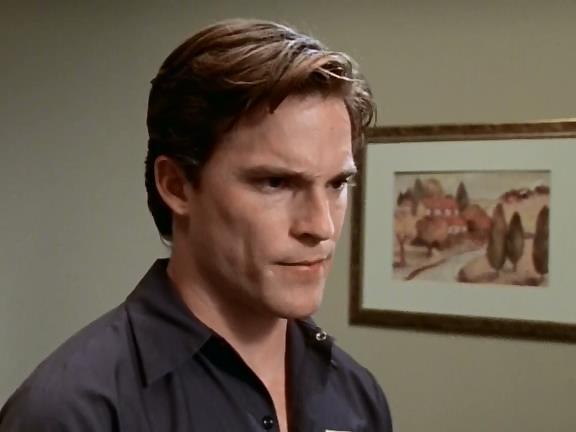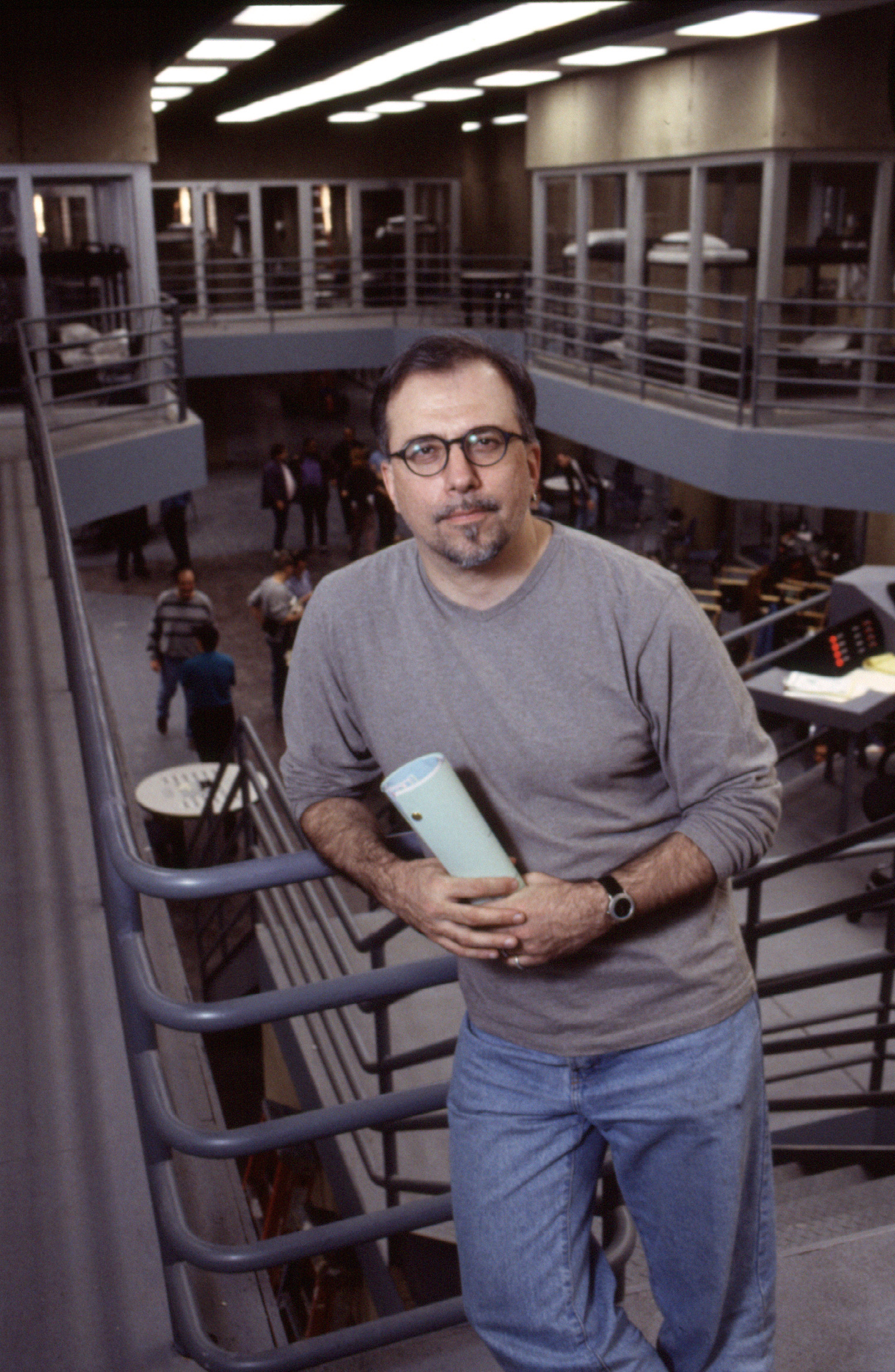

#Oz tv show rape series#
The show’s exploration of gender, victimhood, and recovery distinguishes it from other series and sets an important example for how TV can grapple with rape in a way that’s both artistically engaging and empathetic to survivors. Rectify doesn’t valorize or pity him, but it also doesn’t expect him to “get over” what happened and move on. Daniel’s experiences of sexual assault in prison inform his character and the story in meaningful ways after he returns to his hometown of Paulie, Georgia, and tries to rebuild his life. Rectify follows Daniel Holden (Aden Young), a man released from a 19-year stint on death row after being wrongly convicted of killing his girlfriend.

The acclaimed series, which recently began its fourth and final season, takes a more straightforward, sobering, and subtle approach to sexual violence than many TV audiences are used to. So it’s ironic that perhaps the best drama to explore the trauma of sexual assault is a show that, unlike SVU or Game of Thrones, very few people watch: SundanceTV’s Rectify. Lessons From Succession for Non-billionaire Families Chris Ip

This approach may make for compelling television, but has an element of wish fulfillment that feels alien to many survivors, who must move through a more mundane world in their recovery. Shows like Jessica Jones and The Americans have worked toward a more authentic, survivor-oriented depiction of life after rape-but they refract the experience through the fantastical lenses of superhero and spy genres. Law & Order: SVU often depersonalizes sexual assault by treating it either as ripped-from-the-tabloids fodder or as a chance to illuminate political issues like the rape-kit backlog. Real-life survivors might struggle to find their experiences reflected accurately in the “shock-and-arouse” approach of shows such as Game of Thrones, which rely on titillation or use rape as a cheap plot device. But greater visibility hasn’t necessarily translated into more sensitive or resonant stories about sexual violence. And like most issues of national importance, the subject has been increasingly tackled in pop culture, particularly on television. Public conversations about rape culture and sexual assault have perhaps never been as prevalent as they are now, thanks to college-orientation flyers, headlines about the 2016 presidential election, and survivor-powered social-media campaigns like #NotOkay.


 0 kommentar(er)
0 kommentar(er)
